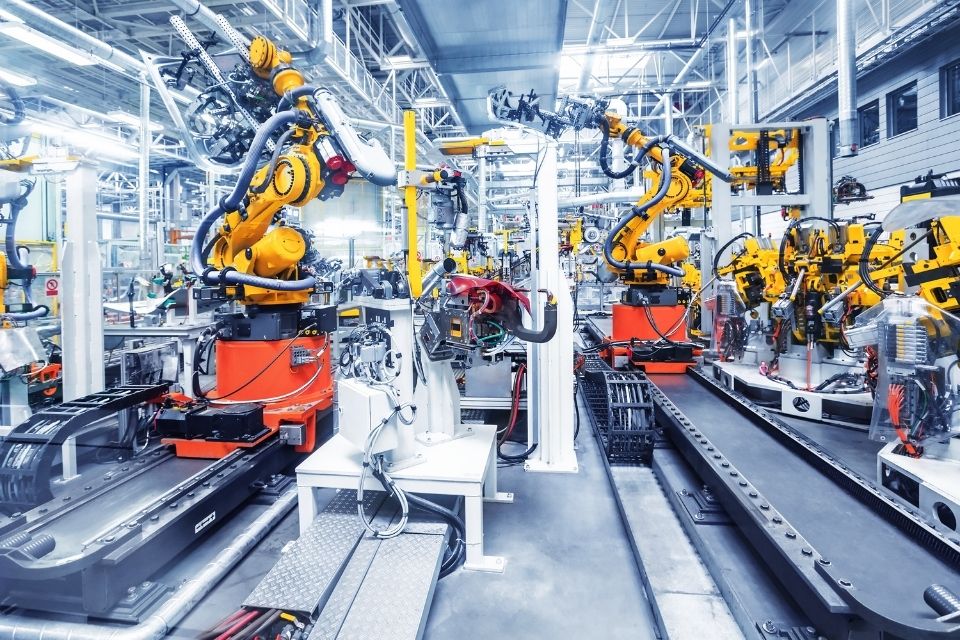Entrepreneurship is a double-edged sword in the modern world—it’s never been easier to start your own business. However, factors like globalization and economic fluctuation mean actively running a business is more complex than ever!
Your responsibilities as a business owner are immense, so finding ways to elevate some of the workload and stress is essential for success. That’s where contract manufacturing comes in to save the day. Read on to learn about the basics of third-party agreements and why you need contract manufacturing for your business.
Understanding the Basics
As just mentioned, contract manufacturing relates to third-party manufacturers. There are two main functions of this type of business agreement:
- It allows newer businesses to start product production and distribution before building in-house manufacturing.
- It allows smaller businesses that lack in-house manufacturing infrastructures to outsource their production needs to a more capable business.
Both functions help businesses earn more capital, as they don’t spend funds on factory development and heavy equipment. Contract manufacturing is easy to manage both domestically and internationally, providing more options for you to consider before reaching an agreement. But what exactly does this contract entail?
Primarily, the hiring company (in this instance, your business) agrees to outsource manufacturing responsibilities to a third party. The third-party business calculates a price based on labor, material costs, and manufacturing overhead. Additionally, they may charge for drop-shipping distribution, which allows manufacturers to either ship to your business or consumers. Not every third party can meet your distribution needs, especially if they don’t deliver to your region. Therefore, you must ensure you find a manufacturer that can fit your needs.
Advantage 1: Production Capabilities
We’ve covered why small and new businesses that lack manufacturing infrastructures can benefit from third-party manufacturing. However, there are many more specific reasons why this agreement makes sense for any situation. Mainly, reputable contract manufacturers typically possess greater production capabilities than your business.
Their factories are solely for production and distribution, meaning they possess the very best equipment and labor for manufacturing your products. Even if you have some production capabilities, it still might cost less to outsource to a third party.
Advantage 2: Specialization
No one third-party manufacturer is the same, as some can provide general production services while others specialize in certain industries and products. If your business requires particular designs and machines for accurate production, these specialized manufacturers are perfect for your needs!
They typically have many years of experience and feature expert employees who will ensure the very best results. Plus, they can work directly with you to create amazing products more effectively. If your third-party partner isn’t personalizing their services for your needs, it might be time to look for another contract manufacturer.
Understanding the basics of contract manufacturing and the many reasons why you need it for your business is essential for any business owner. The reduced costs and stress saved from outsourcing production responsibilities allow you to focus more on marketing and sales and boost the overall success of your company.

